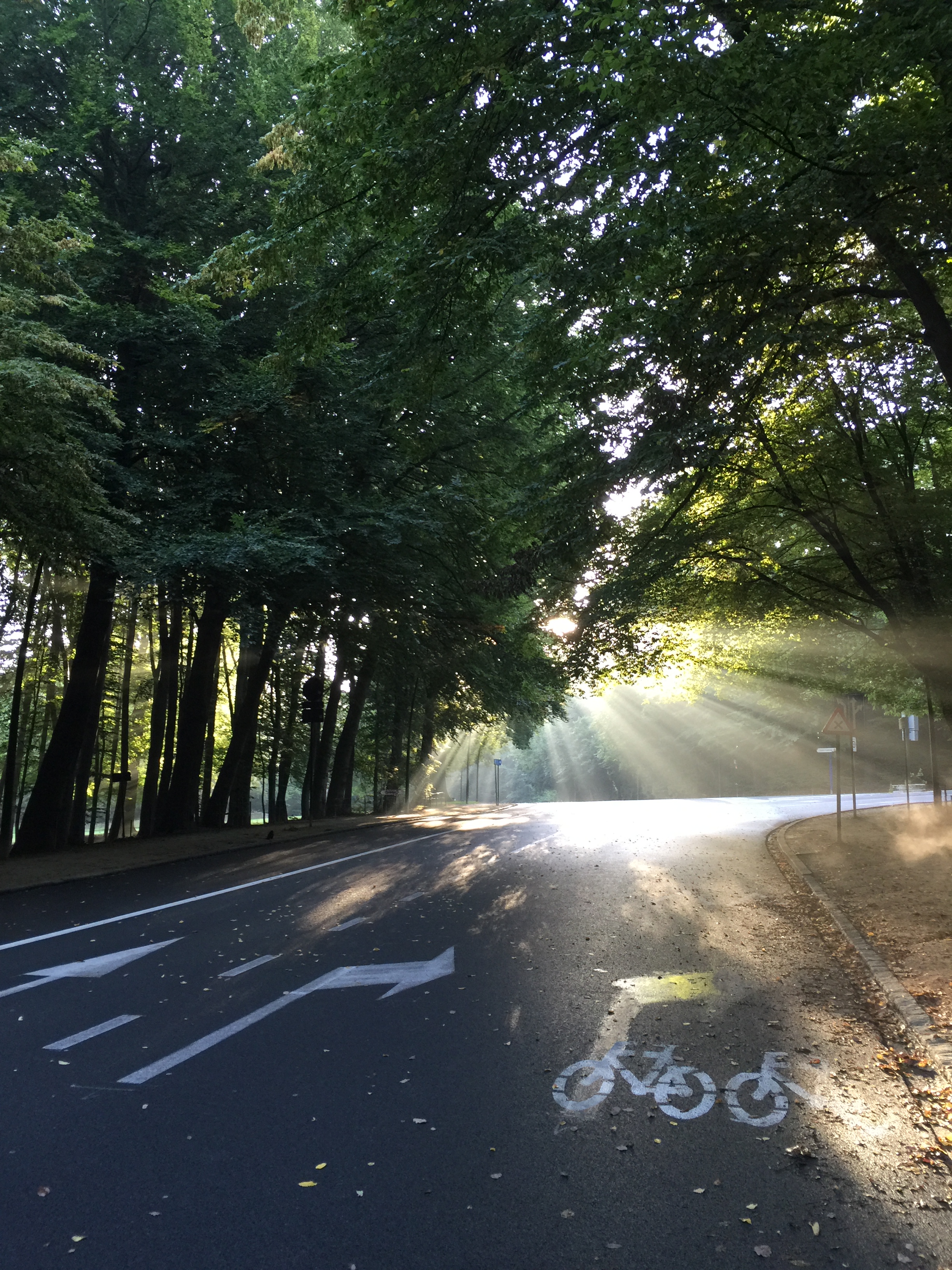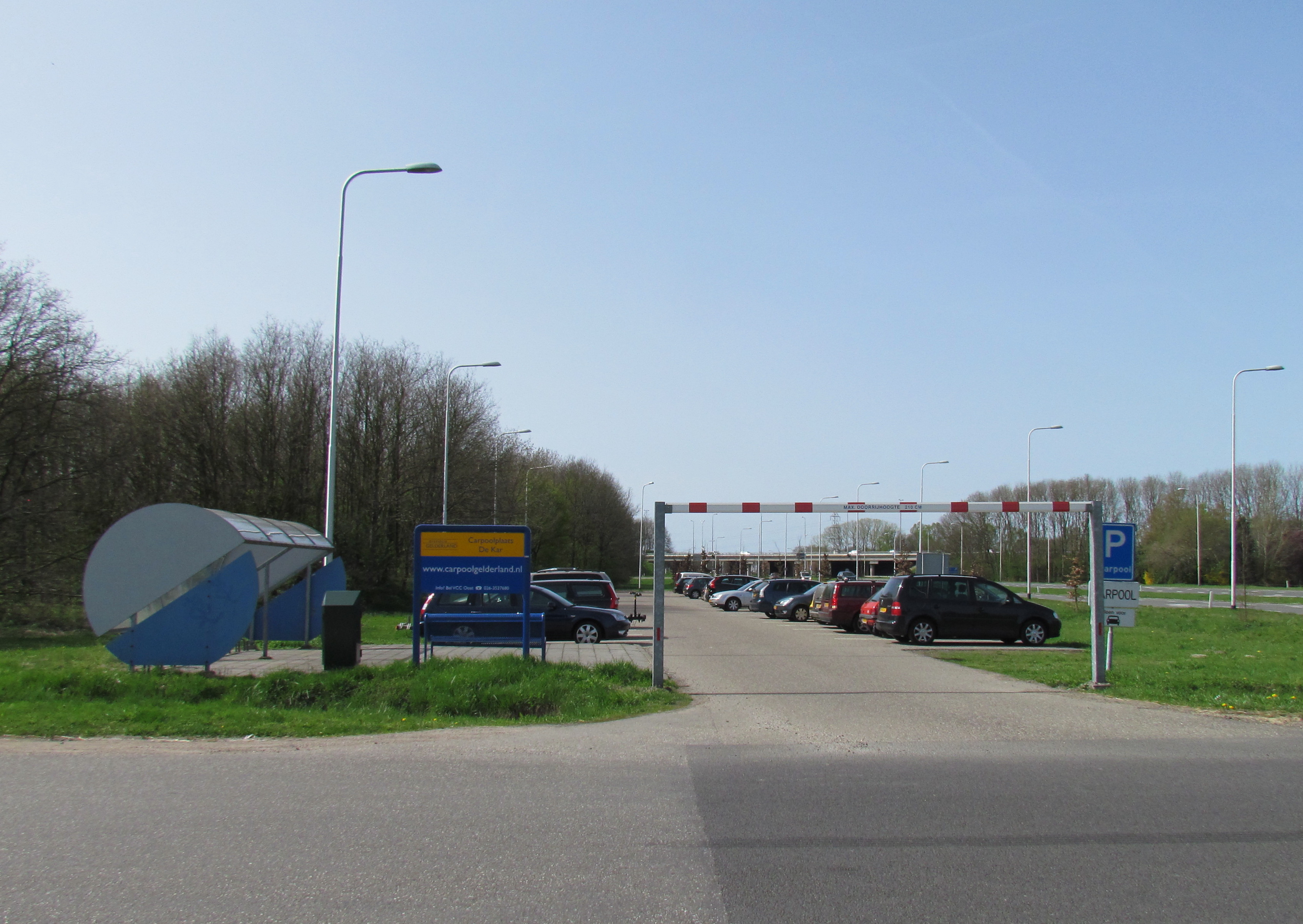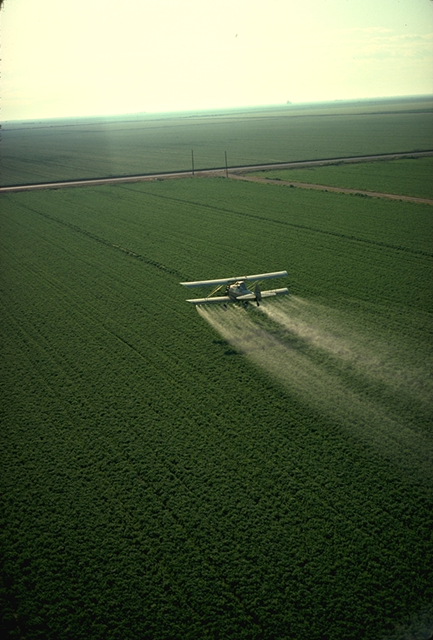|
Green Action Centre
Green Action Centre (GAC) (formally known as the Recycling Council of Manitoba and the Resource Conservation Manitoba) is an environment non-profit organization based in Manitoba, Canada. It includes promoting greener living through environmental education for households, workplaces, schools, and communities. It also develops and advocates environmental policies for the Manitoba communities. Its primary areas of activity include; green commuting, composting and waste, sustainable living, and resource conservation. History The Green Action Centre (GAC) was founded on February 14, 1985, in Winnipeg, Manitoba, Canada with the goal of promoting recycling and thus reducing landfill. With the support of schools, recycling groups, and municipal officials GAC created recycling depots in various locations around Winnipeg, such as community centers. Much of the work of collecting, sorting, and shipping the recyclables was done by volunteers. The group also met with the City of Winnipeg ... [...More Info...] [...Related Items...] OR: [Wikipedia] [Google] [Baidu] |
Manitoba
Manitoba ( ) is a Provinces and territories of Canada, province of Canada at the Centre of Canada, longitudinal centre of the country. It is Canada's Population of Canada by province and territory, fifth-most populous province, with a population of 1,342,153 as of 2021, of widely varied landscape, from arctic tundra and the Hudson Bay coastline in the Northern Region, Manitoba, north to dense Boreal forest of Canada, boreal forest, large freshwater List of lakes of Manitoba, lakes, and prairie grassland in the central and Southern Manitoba, southern regions. Indigenous peoples in Canada, Indigenous peoples have inhabited what is now Manitoba for thousands of years. In the early 17th century, British and French North American fur trade, fur traders began arriving in the area and establishing settlements. The Kingdom of England secured control of the region in 1673 and created a territory named Rupert's Land, which was placed under the administration of the Hudson's Bay Company. Rupe ... [...More Info...] [...Related Items...] OR: [Wikipedia] [Google] [Baidu] |
Greenwashing
Greenwashing (a compound word modeled on "whitewash"), also called "green sheen", is a form of advertising or marketing spin in which green PR and green marketing are deceptively used to persuade the public that an organization's products, aims and policies are environmentally friendly. Companies that intentionally take up greenwashing communication strategies often do so in order to distance themselves from the environmental lapses of themselves or their suppliers. An example of greenwashing is when an organization spends significantly more resources on advertising being "green" than on environmentally sound practices. Greenwashing can range from changing the name or label of a product to evoke the natural environment (for example on a product containing harmful chemicals) to multimillion-dollar campaigns that portray highly-polluting energy companies as eco-friendly. Greenwashing covers up unsustainable corporate agendas and policies. Highly public accusations of greenwashin ... [...More Info...] [...Related Items...] OR: [Wikipedia] [Google] [Baidu] |
Car Free Day
World Car Free Day, which is celebrated on September 22, encourages motorists to give up their cars for a day. Organized events are held in some cities and countries. The events, which vary by location, give motorists and commuters an idea of their locality with fewer cars. While projects along these lines had taken place from time to time on an ''ad hoc'' basis starting with the 1973 oil crisis, it was only in October 1994 that a structured call for such projects was issued in a keynote speech by Eric Britton at the International Ciudades Accessibles (Accessible Cities) Conference held in Toledo (Spain). Within two years the first Days were organized in Reykjavík (Iceland), Bath (United Kingdom) and La Rochelle (France), and the informal World Car Free Days Consortium was organized in 1995 to support Car-Free Days worldwide. The first national campaign was inaugurated in Britain by the Environmental Transport Association in 1997, the French followed suit in 1998 as In tow ... [...More Info...] [...Related Items...] OR: [Wikipedia] [Google] [Baidu] |
Carpooling
Carpooling (also car-sharing, ride-sharing and lift-sharing) is the sharing of Automobile, car journeys so that more than one person travels in a car, and prevents the need for others to have to drive to a location themselves. By having more people using one vehicle, carpooling reduces each person's travel costs such as: Gasoline and diesel usage and pricing, fuel costs, toll road, tolls, and the stress of driving. Carpooling is also a more environmentally friendly and sustainable way to travel as sharing journeys reduces air pollution, carbon emissions, traffic congestion on the roads, and the need for parking spaces. Authorities often encourage carpooling, especially during periods of high pollution or high fuel prices. Car sharing is a good way to use up the full seating capacity of a car, which would otherwise remain unused if it were just the driver using the car. In 2009, carpooling represented 43.5% of all trips in the United States and 10% of commute trips. The major ... [...More Info...] [...Related Items...] OR: [Wikipedia] [Google] [Baidu] |
Biking
Cycling, also, when on a two-wheeled bicycle, called bicycling or biking, is the use of cycles for transport, recreation, exercise or sport. People engaged in cycling are referred to as "cyclists", "bicyclists", or "bikers". Apart from two-wheeled bicycles, "cycling" also includes the riding of unicycles, tricycles, quadricycles, recumbent and similar human-powered vehicles (HPVs). Bicycles were introduced in the 19th century and now number approximately one billion worldwide. They are the principal means of transportation in many parts of the world, especially in densely populated European cities. Cycling is widely regarded as an effective and efficient mode of transportation optimal for short to moderate distances. Bicycles provide numerous possible benefits in comparison with motor vehicles, including the sustained physical exercise involved in cycling, easier parking, increased maneuverability, and access to roads, bike paths and rural trails. Cycling also offers a ... [...More Info...] [...Related Items...] OR: [Wikipedia] [Google] [Baidu] |
Water Conservation
Water conservation includes all the policies, strategies and activities to sustainably manage the natural resource of fresh water, to protect the hydrosphere, and to meet the current and future human demand (thus avoiding water scarcity). Population, household size and growth and affluence all affect how much water is used. Factors such as climate change have increased pressures on natural water resources especially in manufacturing and agricultural irrigation. Many countries have already implemented policies aimed at water conservation, with much success. The key activities to conserve water are as follows: any beneficial reduction in Drying, water loss, use and waste of resources, avoiding any damage to water quality; and improving water management practices that reduce the use or enhance the beneficial use of water. Technology solutions exist for households, commercial and agricultural applications. Water conservation programs involved in social solutions are typically initiated ... [...More Info...] [...Related Items...] OR: [Wikipedia] [Google] [Baidu] |
Sustainable Agriculture
Sustainable agriculture is farming in sustainable ways meeting society's present food and textile needs, without compromising the ability for current or future generations to meet their needs. It can be based on an understanding of ecosystem services. There are many methods to increase the sustainability of agriculture. When developing agriculture within sustainable food systems, it is important to develop flexible business process and farming practices. Agriculture has an enormous environmental footprint, playing a significant role in causing climate change (food systems are responsible for one third of the anthropogenic GHG emissions), water scarcity, water pollution, land degradation, deforestation and other processes; it is simultaneously causing environmental changes and being impacted by these changes. Sustainable agriculture consists of environment friendly methods of farming that allow the production of crops or livestock without damage to human or natural systems. It ... [...More Info...] [...Related Items...] OR: [Wikipedia] [Google] [Baidu] |
Pesticides
Pesticides are substances that are meant to control pests. This includes herbicide, insecticide, nematicide, molluscicide, piscicide, avicide, rodenticide, bactericide, insect repellent, animal repellent, microbicide, fungicide, and lampricide. The most common of these are herbicides which account for approximately 80% of all pesticide use. Most pesticides are intended to serve as plant protection products (also known as crop protection products), which in general, protect plants from weeds, fungi, or insects. As an example, the fungus ''Alternaria solani'' is used to combat the aquatic weed ''Salvinia''. In general, a pesticide is a chemical (such as carbamate) or biological agent (such as a virus, bacterium, or fungus) that deters, incapacitates, kills, or otherwise discourages pests. Target pests can include insects, plant pathogens, weeds, molluscs, birds, mammals, fish, nematodes (roundworms), and microbes that destroy property, cause nuisance, or spread disease, or ar ... [...More Info...] [...Related Items...] OR: [Wikipedia] [Google] [Baidu] |
Climate Change
In common usage, climate change describes global warming—the ongoing increase in global average temperature—and its effects on Earth's climate system. Climate change in a broader sense also includes previous long-term changes to Earth's climate. The current rise in global average temperature is more rapid than previous changes, and is primarily caused by humans burning fossil fuels. Fossil fuel use, deforestation, and some agricultural and industrial practices increase greenhouse gases, notably carbon dioxide and methane. Greenhouse gases absorb some of the heat that the Earth radiates after it warms from sunlight. Larger amounts of these gases trap more heat in Earth's lower atmosphere, causing global warming. Due to climate change, deserts are expanding, while heat waves and wildfires are becoming more common. Increased warming in the Arctic has contributed to melting permafrost, glacial retreat and sea ice loss. Higher temperatures are also causing m ... [...More Info...] [...Related Items...] OR: [Wikipedia] [Google] [Baidu] |
Green Living
Sustainable living describes a lifestyle that attempts to reduce the use of Earth's natural resources by an individual or society. It is referred to as zero wastage living" or "net zero living". Its practitioners often attempt to reduce their ecological footprint (including their carbon footprint) by altering their home designs and methods of transportation, energy consumption and diet. Its proponents aim to conduct their lives in ways that are consistent with sustainability, naturally balanced, and respectful of humanity's symbiotic relationship with the Earth's natural ecology. The practice and general philosophy of ecological living closely follows the overall principles of sustainable development. One approach to sustainable living, exemplified by small-scale urban transition towns and rural ecovillages, seeks to create self-reliant communities based on principles of simple living, which maximize self-sufficiency particularly in food production. These principles, on a broader ... [...More Info...] [...Related Items...] OR: [Wikipedia] [Google] [Baidu] |
Ecological Footprint
The ecological footprint is a method promoted by the Global Footprint Network to measure human demand on natural capital, i.e. the quantity of nature it takes to support people or an economy. It tracks this demand through an ecological accounting system. The accounts contrast the biologically productive area people use for their consumption to the biologically productive area available within a region or the world (biocapacity, the productive area that can regenerate what people demand from nature). In short, it is a measure of human impact on the environment. Footprint and biocapacity can be compared at the individual, regional, national or global scale. Both footprint and biocapacity change every year with number of people, per person consumption, efficiency of production, and productivity of ecosystems. At a global scale, footprint assessments show how big humanity's demand is compared to what Earth can renew. Global Footprint Network estimates that, as of 2014, humanity has ... [...More Info...] [...Related Items...] OR: [Wikipedia] [Google] [Baidu] |







.jpg)
